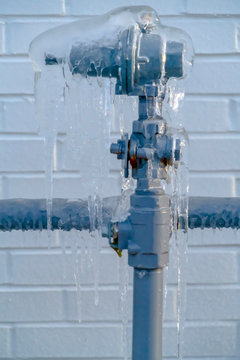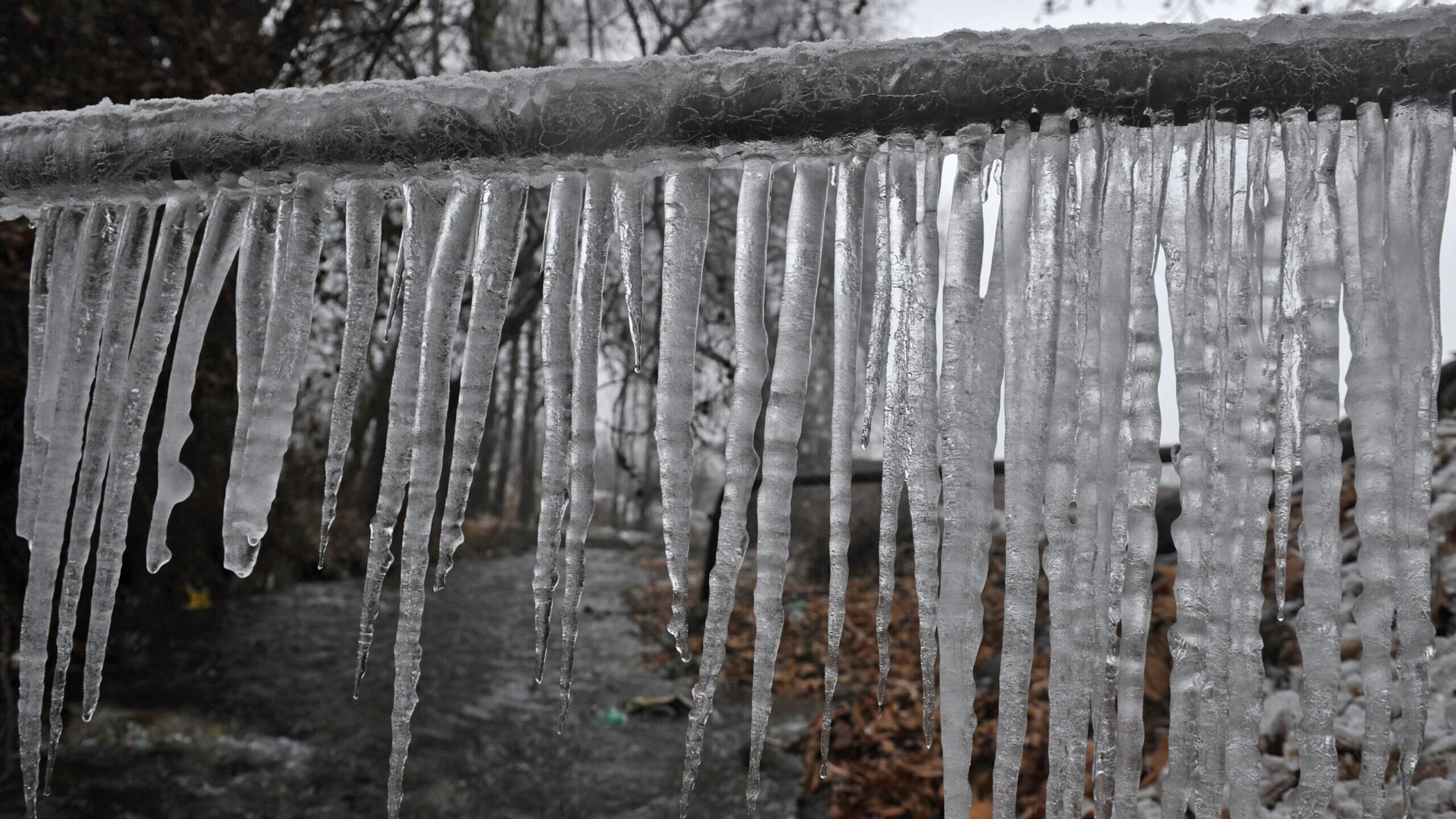Ways to Prevent Frozen Plumbing in Winter: Expert Guidance
Ways to Prevent Frozen Plumbing in Winter: Expert Guidance
Blog Article
Listed here in the next paragraphs you'll find more incredibly good news about Preventing and dealing with frozen pipes.

Cold weather can ruin your plumbing, particularly by freezing pipes. Right here's just how to stop it from happening and what to do if it does.
Introduction
As temperatures drop, the risk of frozen pipes increases, potentially leading to costly repairs and water damages. Recognizing just how to avoid frozen pipes is crucial for home owners in cool climates.
Understanding Icy Pipelines
What causes pipelines to freeze?
Pipes ice up when subjected to temperature levels listed below 32 ° F (0 ° C) for extended durations. As water inside the pipes ices up, it broadens, taxing the pipe wall surfaces and potentially creating them to burst.
Threats and damages
Icy pipelines can result in water interruptions, property damages, and expensive fixings. Burst pipes can flood homes and cause considerable architectural damages.
Signs of Frozen Piping
Identifying icy pipes early can prevent them from breaking.
How to determine icy pipelines
Look for lowered water flow from taps, unusual smells or noises from pipes, and noticeable frost on revealed pipes.
Prevention Tips
Shielding at risk pipes
Cover pipelines in insulation sleeves or use warmth tape to secure them from freezing temperatures. Concentrate on pipes in unheated or external areas of the home.
Home heating techniques
Maintain interior areas sufficiently warmed, particularly locations with plumbing. Open closet doors to allow warm air to flow around pipes under sinks.
Safeguarding Exterior Pipes
Garden hose pipes and exterior taps
Disconnect and drain garden pipes prior to winter months. Mount frost-proof spigots or cover outside taps with shielded caps.
What to Do If Your Pipes Freeze
Immediate actions to take
If you believe icy pipes, keep faucets available to relieve pressure as the ice melts. Use a hairdryer or towels taken in hot water to thaw pipelines gradually.
Long-Term Solutions
Architectural changes
Take into consideration rerouting pipelines away from exterior wall surfaces or unheated areas. Include added insulation to attics, basements, and crawl spaces.
Upgrading insulation
Purchase high-quality insulation for pipes, attics, and wall surfaces. Correct insulation helps preserve regular temperature levels and lowers the danger of frozen pipelines.
Verdict
Protecting against frozen pipes calls for positive measures and fast actions. By comprehending the reasons, indications, and preventive measures, home owners can shield their plumbing throughout cold weather.
Helpful Tips to Prevent Frozen Pipes this Winter
UNDERSTANDING THE BASICS: WHY PIPES FREEZE AND WHY IT’S A PROBLEM
Water freezing inside pipes is common during the winter months, but understanding why pipes freeze, and the potential problems it can cause is crucial in preventing such incidents. This section will delve into the basics of why pipes freeze and the associated problems that may arise.
THE SCIENCE BEHIND FROZEN PIPES
When water reaches freezing temperatures, it undergoes a physical transformation and solidifies into ice. This expansion of water as it freezes is the primary reason pipes can burst. As the water inside the pipe freezes, it expands, creating immense pressure on the walls. If the pressure becomes too great, the pipe can crack or rupture, leading to leaks and water damage.
FACTORS THAT CONTRIBUTE TO PIPE FREEZING
Low Temperatures: Extremely cold weather, especially below freezing, increases the risk of pipes freezing. Uninsulated or Poorly Insulated Pipes: Pipes located in unheated areas, such as basements, crawl spaces, or attics, are more prone to freezing. Insufficient insulation or lack of insulation altogether exacerbates the problem. Exterior Wall Exposure: Pipes running along exterior walls are susceptible to freezing as they encounter colder temperatures outside. Lack of Heating or Temperature Regulation: Inadequate heating or inconsistent temperature control in your home can contribute to frozen pipes. PROBLEMS CAUSED BY FROZEN PIPES
- Pipe Bursting: As mentioned earlier, the expansion of water as it freezes can cause pipes to burst, resulting in significant water damage.
- Water Damage: When pipes burst, it can lead to flooding and water damage to your property, including walls, ceilings, flooring, and personal belongings.
- Structural Damage: Prolonged exposure to water from burst pipes can compromise the structural integrity of your home, leading to costly repairs.
- Mold and Mildew Growth: Excess moisture from water damage can create a favorable environment for mold and mildew growth, posing health risks to occupants.
- Disrupted Water Supply: Frozen pipes can also result in a complete or partial loss of water supply until the issue is resolved.
WHY CERTAIN PIPES ARE MORE PRONE TO FREEZING
- Location: Pipes located in unheated or poorly insulated areas, such as basements, crawl spaces, attics, or exterior walls, are at higher risk of freezing.
- Exterior Pipes: Outdoor pipes, such as those used for irrigation or exposed plumbing, are particularly vulnerable to freezing as they are directly exposed to the elements.
- Supply Lines: Pipes that carry water from the main water supply into your home, including the main water line, are critical to protect as freezing in these lines can affect your entire plumbing system.
- Underground Pipes: Pipes buried underground, such as those connected to sprinkler systems or outdoor faucets, can be susceptible to freezing if not properly insulated.
https://busybusy.com/blog/helpful-tips-to-prevent-frozen-pipes-this-winter/

I hope you enjoyed our excerpt on How To Avoid Freezing Pipes. Many thanks for taking the time to browse our blog. Don't hesitate to set aside a second to distribute this entry if you enjoyed reading it. We appreciate reading our article about Preventing and dealing with frozen pipes.
Automated Marketing Report this page